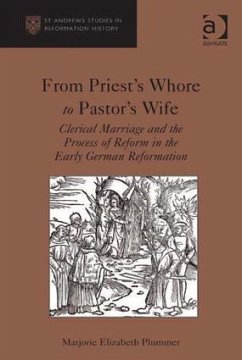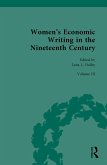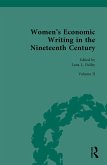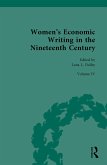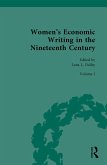On 13 June 1525, Martin Luther married Katharina von Bora, a former nun, in a private ceremony officiated by city preacher Johann Bugenhagen. Whilst Luther was not the first former monk or Reformer to marry, his marriage immediately became one of the iconic episodes of the Protestant Reformation. From that point on, the marital status of clergy would be a pivotal dividing line between the Catholic and Protestant churches. Tackling the early stages of this divide, this book provides a fresh assessment of clerical marriage in the first half of the sixteenth century, when the debates were undecided and the intellectual and institutional situation remained fluid and changeable. It investigates the way that clerical marriage was received, and viewed in the dioceses of Mainz and Magdeburg under Archbishop Albrecht of Brandenburg from 1513 to 1545. By concentrating on a cross-section of rural and urban settings from three key regions within this territory - Saxony, Franconia, and Swabia - the study is able to present a broad comparison of reactions to this contentious issue. Although the marital status of the clergy remains perhaps the most identifiable difference between Protestant and Roman Catholic churches, remarkably little research has been done on how the shift from a "celibate" to a married clergy took place during the Reformation in Germany or what reactions such a move elicited. As such, this book will be welcomed by all those wishing to gain greater insight, not only into the theological debates, but also into the interactions between social identity, governance, and religious practice.
Hinweis: Dieser Artikel kann nur an eine deutsche Lieferadresse ausgeliefert werden.
Hinweis: Dieser Artikel kann nur an eine deutsche Lieferadresse ausgeliefert werden.

